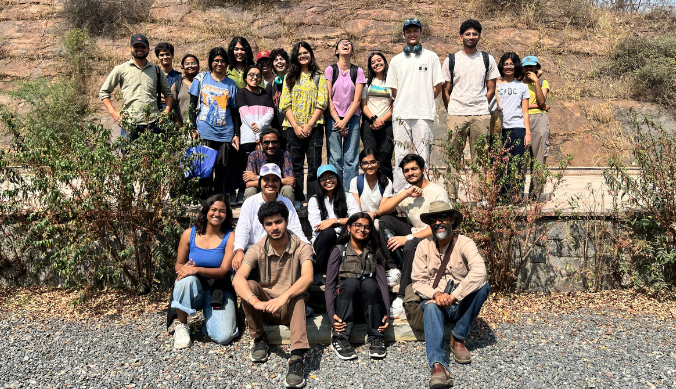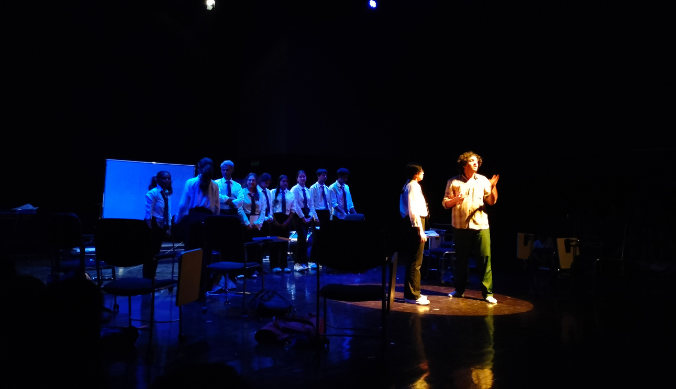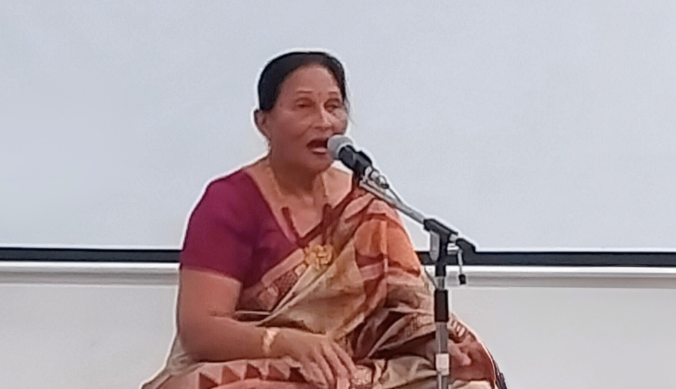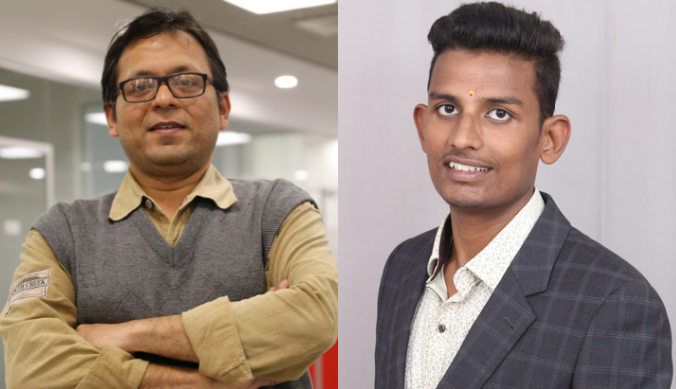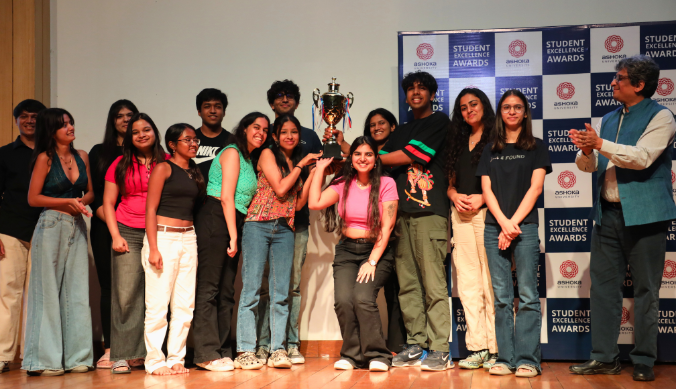Qualifying Quality in Higher Education in Kerala
Policymakers and practitioners discuss the importance of quality in education with enough evidence to suggest that students, faculty members and staff consider quality differently.
Deepti Sreeram is a PhD scholar in the department of Sociology and Anthropology at Ashoka University.
Policymakers and practitioners discuss the importance of quality in education with enough evidence to suggest that students, faculty members and staff consider quality differently. For example, students might identify teaching excellence as a key aspect of quality education. University administrators on the other hand might identify research output as an important trait. Given these multiple views on quality, Deepti aims to explore how one qualifies a slippery concept such as quality. Her work is pertinent in relation to the question of quality in a state like Kerala. Known for its literacy and education, the state has often been described as an exceptional model for other states in India. Despite this history, there have been claims that the state’s education is in decline. It is in this context that her research question is significant in understanding the shifting dynamics of higher education.
With the generous scholarship support from Ashoka University, she has been able to relocate to the field site and conduct her research. In addition to this, she also maps institutional histories and traces the ways in which the institution where she conducts research conceptualized quality over the years. She actively follows the media discourse on higher education in Kerala to understand the ways in which quality education is discussed among different stakeholders.
Edited by Yukti Arora and Kangna Verma (Academic Communications, RDO)
Study at Ashoka








